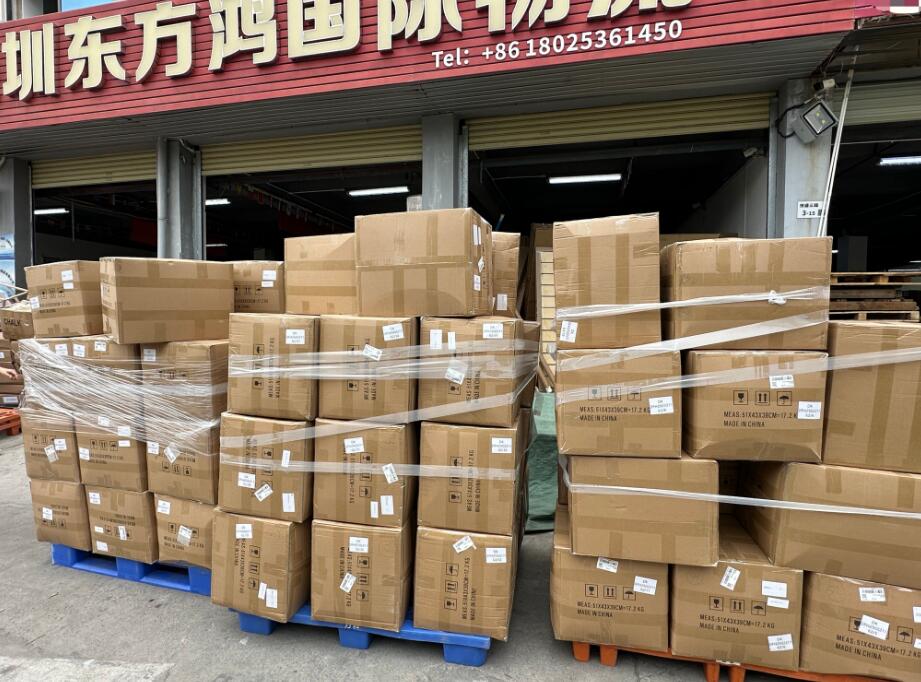Importing goods from China can be profitable, but it also carries risks. Goods may be damaged, lost, or delayed during transportation — whether by air, sea, or express courier. As the Co-founder of DFH Logistics, I’ve spent over 12 years helping global importers minimize these risks through well-planned logistics and proper cargo insurance.
In this article, I’ll explain everything you need to know about freight insurance — what it is, whether you need it, how much it costs, and how to make sure your shipment is fully protected from China to your destination country.
Freight insurance is not mandatory but highly recommended for importers. It protects your goods against damage, theft, or loss during transportation, ensuring financial security and peace of mind throughout the shipping process.
What Is Freight Insurance?
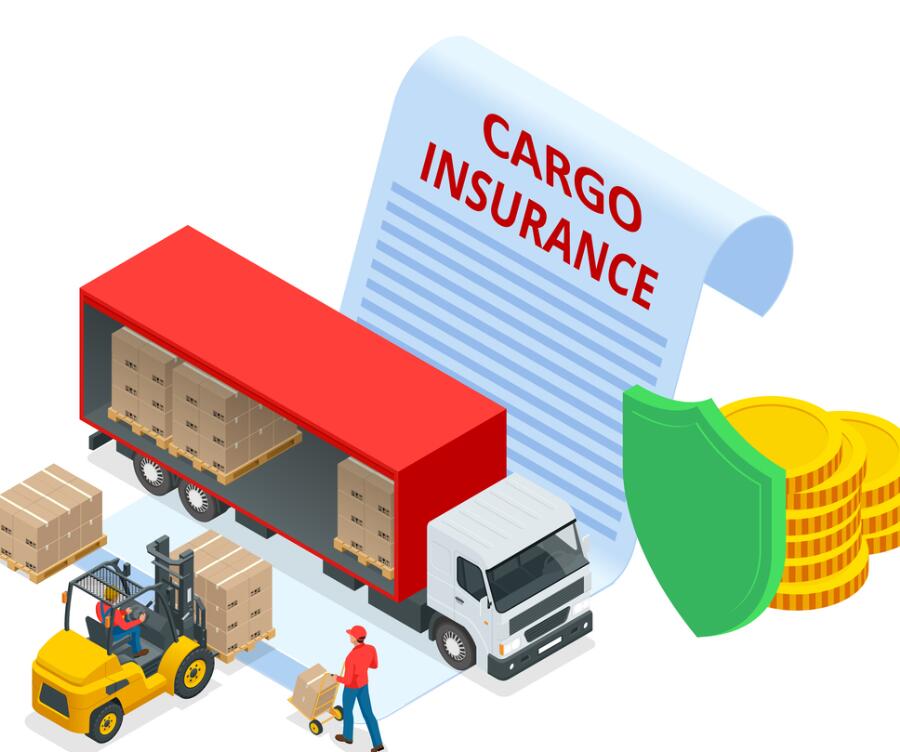
Freight insurance is a policy that compensates importers if goods are damaged, lost, or stolen during international transportation. It’s essential for risk control when shipping from China to overseas buyers.
Freight insurance is a type of coverage that protects the value of your cargo against unexpected risks during international transportation. When goods move from a Chinese supplier to your destination, multiple parties — carriers, ports, warehouses — handle them. Even with the most professional freight forwarder, accidents can happen.
Unlike carrier liability, which provides limited compensation per kilogram, freight insurance covers the actual invoice value of your goods. This means if your shipment is lost or damaged, you can recover most or all of its declared value.
There are three main types of freight insurance:
- All Risk Coverage – Covers almost all external causes of loss or damage.
- Total Loss Only – Applies when the entire shipment is lost (e.g., a sunk vessel).
- Named Perils Coverage – Protects against specific events listed in the policy, such as fire or collision.
If you’re new to global logistics, you may also want to read our detailed guide on how to choose a reliable freight forwarder. You can also compare service options from DFH’s air freight and sea freight solutions.
For more on cargo insurance, see Freightos guide or Sino Shipping resources.
Is Freight Insurance Required When Importing from China?
Freight insurance is not legally required, but it’s vital protection for importers under terms like EXW or FOB. It ensures coverage from your supplier’s warehouse to your door.
Freight insurance is not legally required when importing from China, but it’s a smart business decision. International shipping involves long routes, transshipments, and weather uncertainties — all of which increase risk.
Whether you should buy insurance often depends on the Incoterms used in your transaction:
| Incoterm | Who Is Responsible for Insurance? | Notes |
|---|---|---|
| EXW (Ex Works) | Buyer | You bear all risks once goods leave the supplier’s door. |
| FOB (Free on Board) | Buyer | Risk transfers once cargo is loaded on the vessel. |
| CIF (Cost, Insurance, and Freight) | Seller | The seller provides minimum insurance, but it may not be full coverage. |
| DDP (Delivered Duty Paid) | Seller / Freight Forwarder | Typically includes insurance under a full door-to-door service. |
For small or first-time importers, I always recommend buying full coverage — even for short-distance or express shipments — because the cost is low compared to potential loss.
To understand which term best suits your business, explore our detailed comparison of DDP shipping and door-to-door freight options. For official Incoterms information, visit ICC’s official guide or check industry advice from Guided Imports.
What Does Freight Insurance Cover (and Not Cover)?
Freight insurance covers loss or damage from accidents, theft, or disasters but excludes poor packaging, delays, or product defects. Knowing both sides helps you claim correctly.
Freight insurance covers most external risks during transit. Common examples include:
- Physical damage during loading or unloading
- Theft or pilferage
- Fire, explosion, or vehicle/vessel collision
- Total loss due to vessel sinking or aircraft crash
- Natural disasters like storms, lightning, or floods
However, there are also exclusions — cases where insurers won’t pay compensation:
- Poor or inadequate packaging by the supplier
- Inherent product defects or fragile items
- Delays not caused by insured events
- Losses due to war, strikes, or government actions
To avoid disputes, make sure your goods are properly packed and documented before shipment. At DFH Logistics, we provide free packaging checks and photo reports before pickup to ensure insurance compliance.
For practical guidance, read how to reduce shipping costs
How Much Does Freight Insurance Cost?

Freight insurance typically costs 0.1%–0.5% of your cargo value. Rates vary depending on shipment mode, coverage type, and declared value. It’s low cost but high protection.
Freight insurance is surprisingly affordable. Most policies cost 0.1%–0.5% of your shipment’s value, depending on coverage type, route, and transportation method.
Here’s a simple example:
If your shipment is valued at USD 10,000, and your insurance premium is 0.3%, your total insurance cost is just USD 30 — yet it could save you thousands if an accident occurs.
Below is a general comparison:
| Shipping Method | Typical Insurance Rate | Recommended Coverage |
|---|---|---|
| Sea Freight (FCL/LCL) | 0.2%–0.5% | All Risk |
| Air Freight | 0.1%–0.3% | All Risk |
| Express Courier (DHL/UPS/FedEx) | 0.1%–0.2% | Courier insurance or extra coverage |
| Railway Freight | 0.2%–0.4% | All Risk |
When customers ship through DFH Logistics, we help them compare options from major underwriters like PICC and Ping An to get the best rate with fast claim support.
Who Provides Freight Insurance for Imports from China?
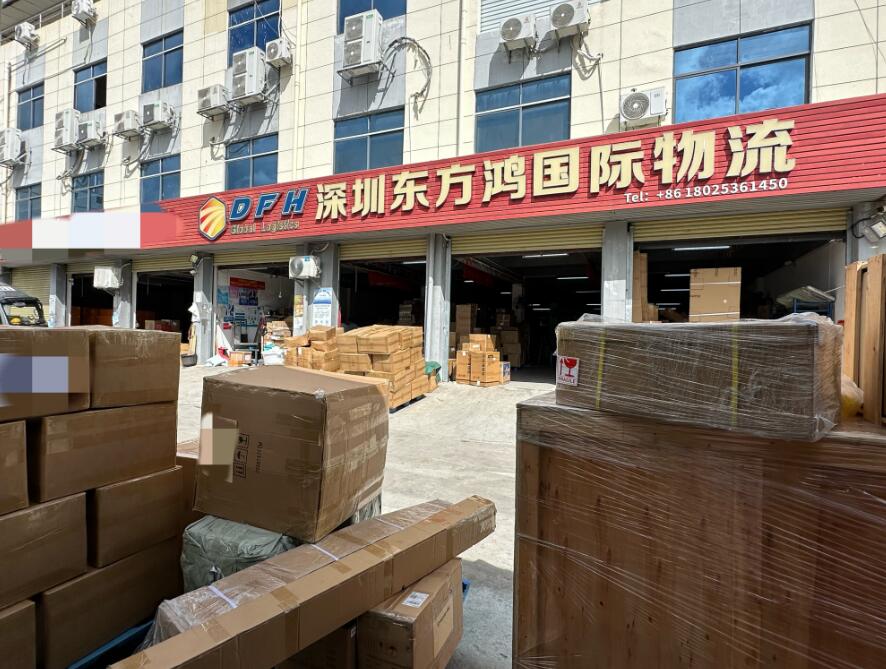
Freight insurance can be purchased through your freight forwarder, insurer, or carrier. A forwarder-managed policy simplifies claims and guarantees coverage accuracy.
You can purchase freight insurance through:
- Your Freight Forwarder – Most professional forwarders (like DFH Logistics) offer discounted cargo insurance via global insurers.
- Independent Insurance Brokers – Offer flexible terms but require more paperwork.
- Carrier or Courier Services – Provide basic liability or optional add-on coverage.
In my experience, buying insurance directly through your freight forwarder is the most efficient option. We know your cargo details, shipping route, and packaging conditions — making claim handling smoother and faster if something goes wrong.
How Does Freight Insurance Work with Different Shipping Methods?
Freight insurance coverage varies by shipping method. Each mode—sea, air, express, or rail—carries different risks that affect insurance type and cost.
Every transportation method exposes your cargo to different conditions.
- Sea Freight: Best for large shipments but riskier due to handling, humidity, and long routes. Choose “All-Risk” insurance for LCL.
- Air Freight: Fast but sensitive to rough handling at airports. Partial damage claims are common.
- Express Courier: Quickest, yet courier liability is limited; add coverage for expensive goods.
- Railway Freight: Common for Europe shipments; covers theft or derailment, but check policy terms carefully.
At DFH Logistics, we evaluate each route’s risk profile before recommending a coverage plan. For example, we often suggest full-value “All-Risk” coverage for high-value sea shipments or fragile air cargo.
How to File a Freight Insurance Claim If Goods Are Lost or Damaged?
When loss or damage occurs, notify your forwarder immediately, document everything, and file a claim with full evidence to speed up settlement.
Filing a claim isn’t complicated if you know the right process. Importers should:
- Notify the insurer or forwarder within 3–5 days of discovery.
- Take clear photos or videos showing packaging and product condition.
- Submit documents such as the Bill of Lading, commercial invoice, and inspection report.
- Keep communication records with carriers for proof of responsibility.
Our DFH Logistics team assists clients step-by-step in preparing claim evidence, submitting forms, and communicating with the insurer directly. This approach ensures faster results and reduces paperwork stress.
Is Freight Insurance Worth It for Small Shipments?
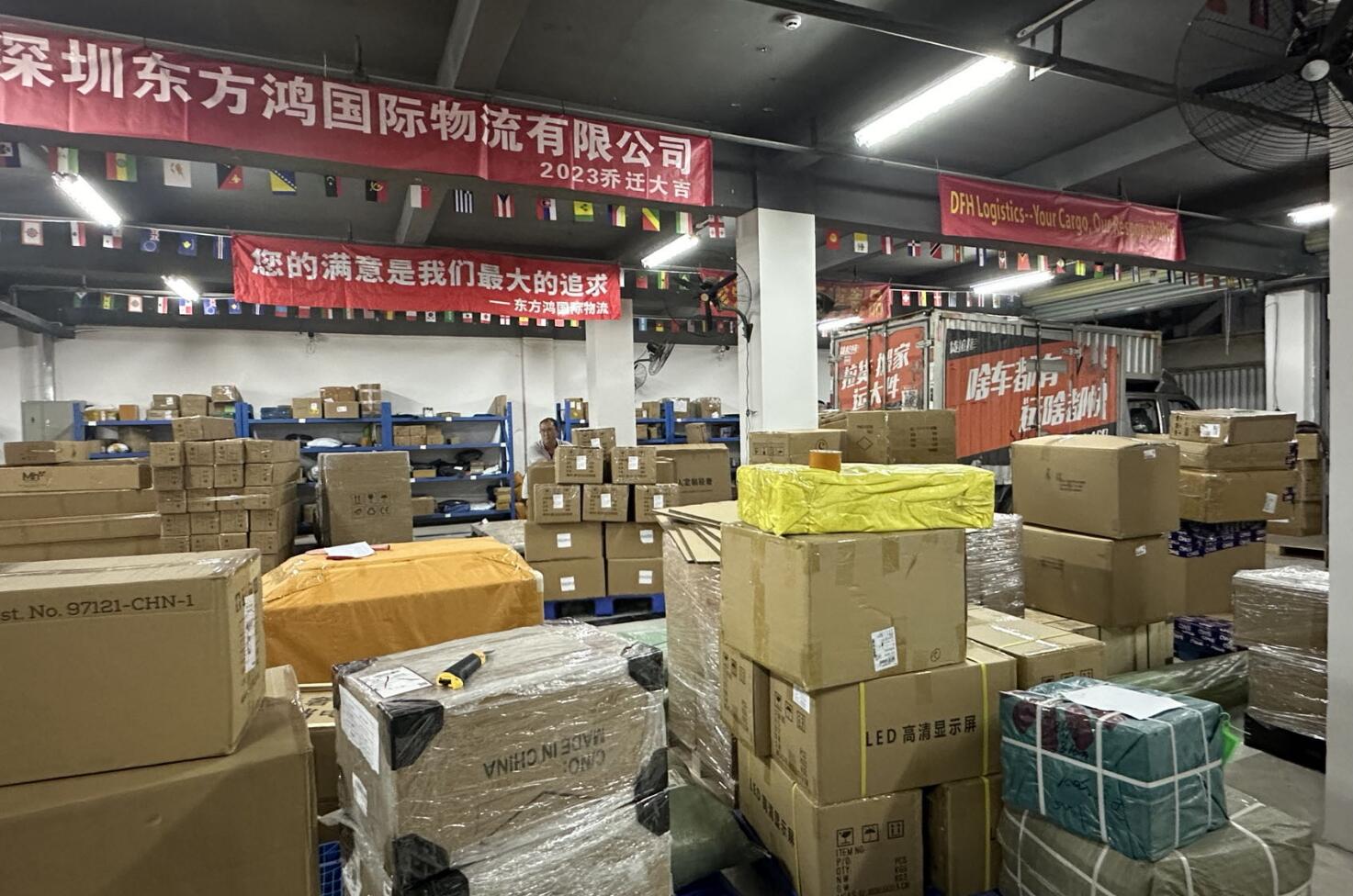
Even small shipments benefit from insurance. A minor accident or theft could cause financial loss far exceeding the low premium cost.
Many importers mistakenly believe that only large containers need insurance. But even a few cartons shipped by air or express can represent thousands of dollars in value.
For instance, if your $3,000 electronics shipment gets damaged, courier liability may cover less than $200. With freight insurance, you recover nearly the full amount. That’s why I advise all clients—especially e-commerce sellers—to insure every order, regardless of size.
For small or sample shipments, DFH Logistics helps you choose lightweight coverage that balances cost and protection.
How to Choose the Right Freight Insurance for Your Shipment?
The right freight insurance depends on your cargo type, route, value, and risk tolerance. Always match policy scope with your shipment’s reality.
When selecting insurance, evaluate these key points:
- Product Type: Fragile or electronic goods need full coverage.
- Shipping Route: Long-distance sea freight increases exposure to handling risks.
- Policy Terms: Review exclusions carefully—some omit damage due to moisture or delay.
- Declared Value: Always declare the real invoice value to avoid claim rejections.
I often tell importers that the cheapest policy isn’t always best. It’s wiser to choose an insurer with quick claims and reliable communication.
Why Work with a Freight Forwarder Who Offers Insurance?
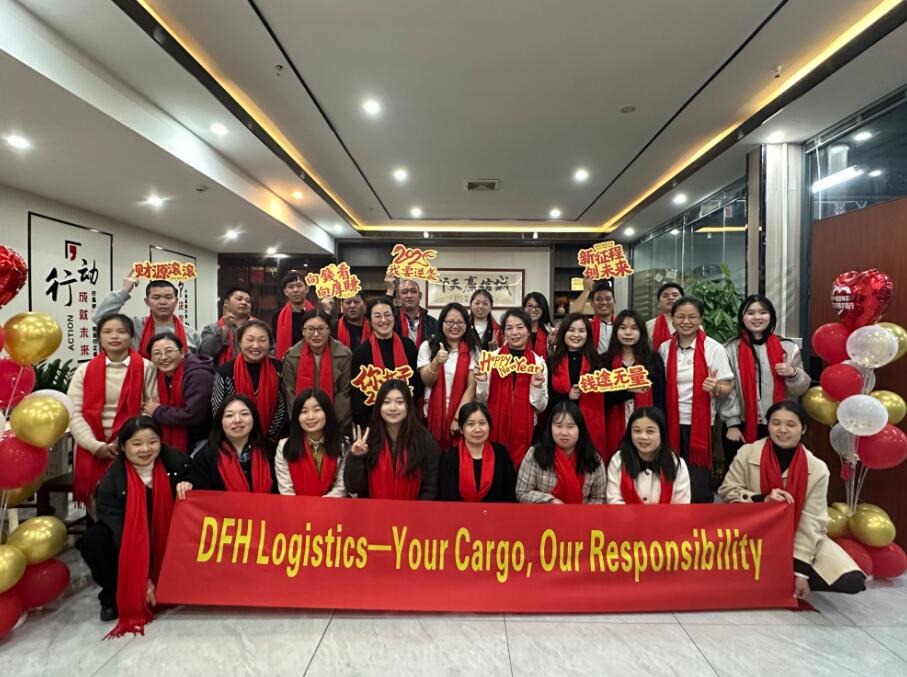
A forwarder offering freight insurance simplifies the process, ensures accurate coverage, and speeds up claims through trusted insurer networks.
Working with a logistics provider that manages your insurance provides key advantages:
- One contact for everything — shipping, insurance, and documentation.
- Verified value declaration that meets insurer standards.
- Fast claim coordination when incidents occur.
At DFH Logistics, our long-term partnerships with major insurers like PICC and Ping An allow us to secure lower rates and faster settlements for our clients. Every door-to-door shipment we handle can include optional full-value coverage to eliminate your risk.
If you’re unsure about your next shipment’s insurance strategy, contact our team for professional guidance before shipping begins.
Conclusion
Freight insurance is more than a formality—it’s essential risk control for importers shipping from China. Whether you’re managing small parcels or full containers, coverage ensures your business won’t suffer from transport losses.
With 12+ years of experience handling global shipments, DFH Logistics provides comprehensive freight insurance solutions tailored to your shipment type, route, and budget.
For expert support and a customized shipping plan, contact us today.

